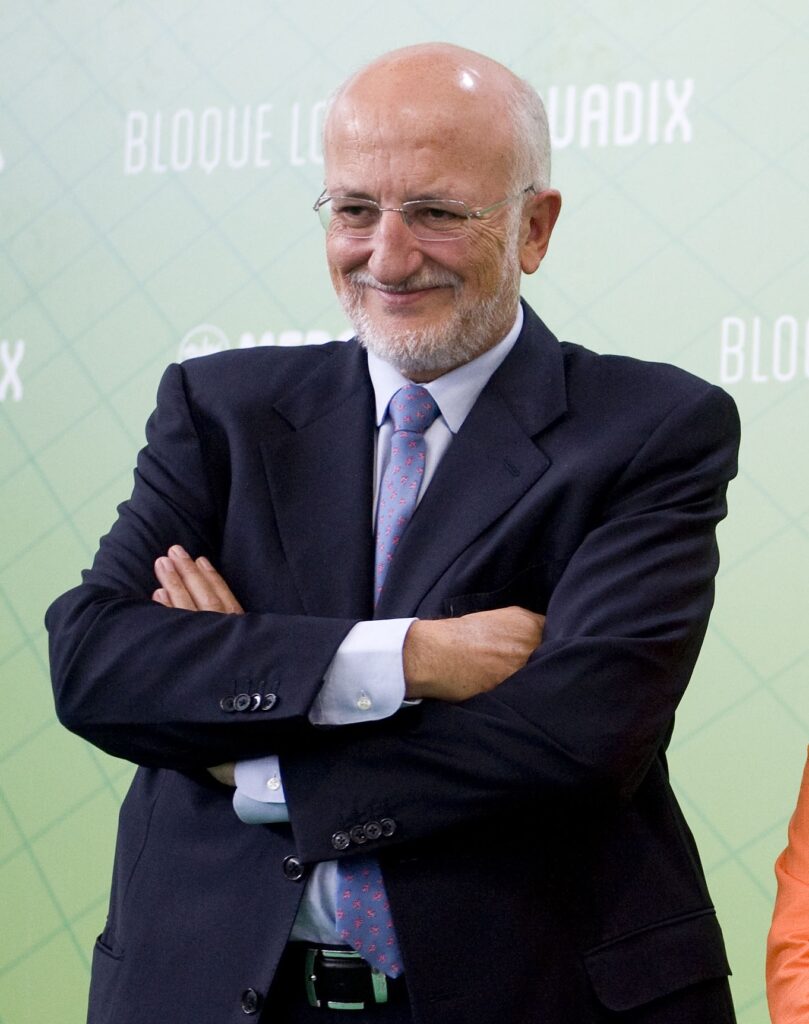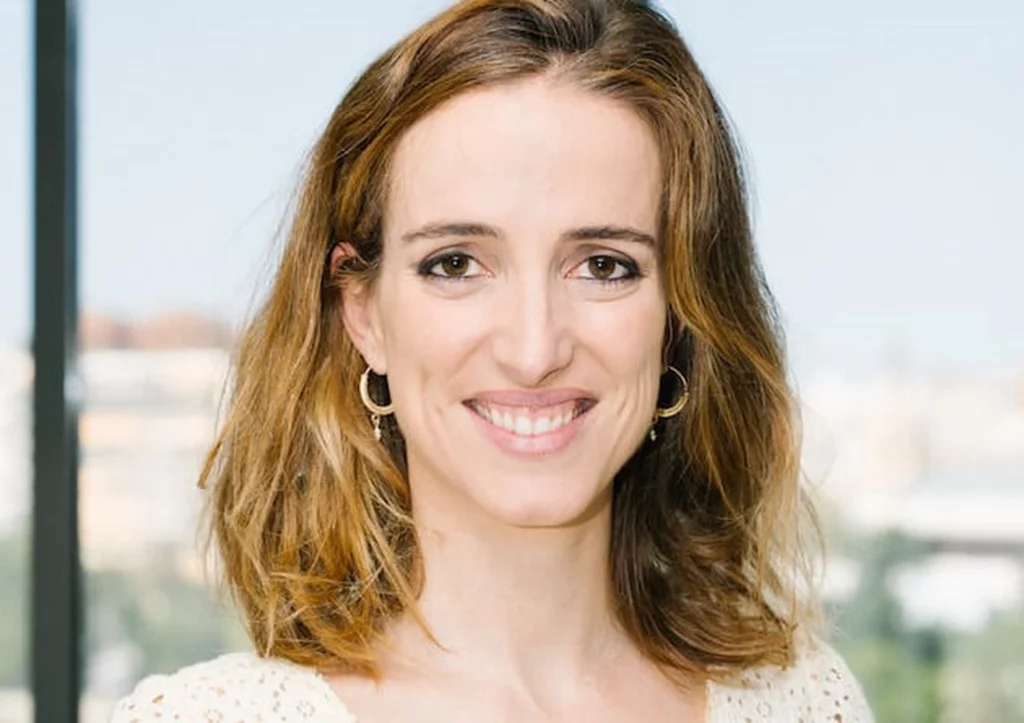Mercadona is to invest 5 billion euros in five years, the owner of the Valencia-based mammoth supermarket chain has announced. Eugene Costello reports…
Mercadona is to invest 5 billion euros in five years, the owner of the Valencia-based mammoth supermarket chain has announced. The supermarket chain owned by the Roig family achieved record sales of 35,527 million euros. This was a 15% increase year-on-year, while profits rose to 1,009 million euros, an increase of 40%.
Announcing these results yesterday (Tuesday 12 March), Mercadona president Juan Roig was accompanied for the first time in public by wife and vice-president, Hortensia Herrero. And daughter Carolina Roig, head of market analysis, also attended. The huge supermarket chain, the largest in Spain, remains at heart a family affair.
When Valencia Life compared the price of a weekly basket between two Spanish supermarkets and two British ones, Mercado came out top. It was a little over half the cost of Tesco in the UK.
Mercadona to invest 5 billion euros in five years
He also announced that the chain will invest 5,000 million euros over the next five years. Roig presented the company’s results for the 2023 financial year. He was attended for the first time by Hortensia Herrero, his wife and vice-president of the chain. They were accompanied by her daughter Carolina Roig, head of market analysis. Roig said that the 104,000-employee company has had a year “that has gone very well”, as reported by Levante EMV.
Not all plain sailing
Roig said that Mercadona already has more than 100,000 workers in its workforce. This is after creating 5,000 jobs in Spain and Portugal in 2023. He highlighted the increase in business in the midst of a process of inflation. He also cited rising costs and tensions in the supply of raw materials throughout Europe. Roig recalled that since 2016 the firm has invested 10 billion euros in its commercial network, logistics and digitalisation process. Mercadona’s president has stated that, since 2016, “we have made unpopular and annoying decisions. We have moved 400 stores. That is bad for the customer. Or we have closed 300 stores, because they are small or have poor accessibility by car. Or the new sections cannot be placed”.




Regarding digitalisation and online shopping
The digitalisation process is managed by his daughter Juana but represents only 2% of sales. Roig said that “it is clear to us in the company that it’s every man for himself. Each store, each hive has to be profitable”. In relation to this, he added that the chain already has 6,800 workers in Mercadona online. This doubles the workforce compared to five years ago.
The current number of bricks-and-mortar stores is 1,681. Juan Roig also referred to the company’s expansion process. He said that in Portugal Mercadona has invested 900 million euros between 2016 and 2023, has 49 stores. It has opened 10 stores in 2023 and has two logistics depots. For the first time in four years in Portugal it has not lost money. In 2024 it expects to show a profit for the first time.
Collective bargaining
Recently, Mercadona and the union representatives on its works council (UGT, CC OO and Sindicato Independiente) signed a new company collective bargaining agreement. This labour pact, which will last for five years, until the end of 2028, says that the increase in the base salary will be linked to the Consumer Price Index (CPI) up to 2.5%. In case it is higher, the company will match it up to a maximum of 6%.
Profit sharing
This year, Spain’s flagship retailer plans to further share its success among its workforce during 2024. The management committee is to distribute an additional half-bonus among the people who make up the company. This is part of the profit-sharing strategy. It joins the bonus for objectives that it traditionally distributes each year. So the company will distribute 600 million euros among its workforce. This is 50% more than last year, when the total amount distributed was 405 million euros. In Spain, in 2020, Mercadona introduced a shift pattern in stores of five days on and two days off (5+2). It guarantees at least eight weekends a year off. This is a pioneering move in the sector,